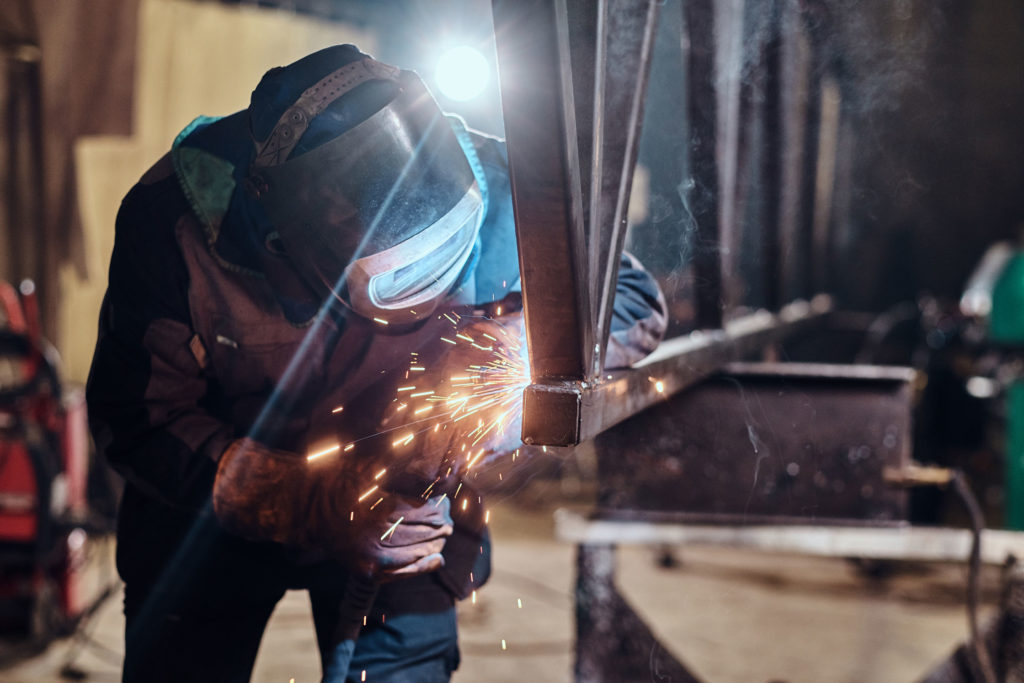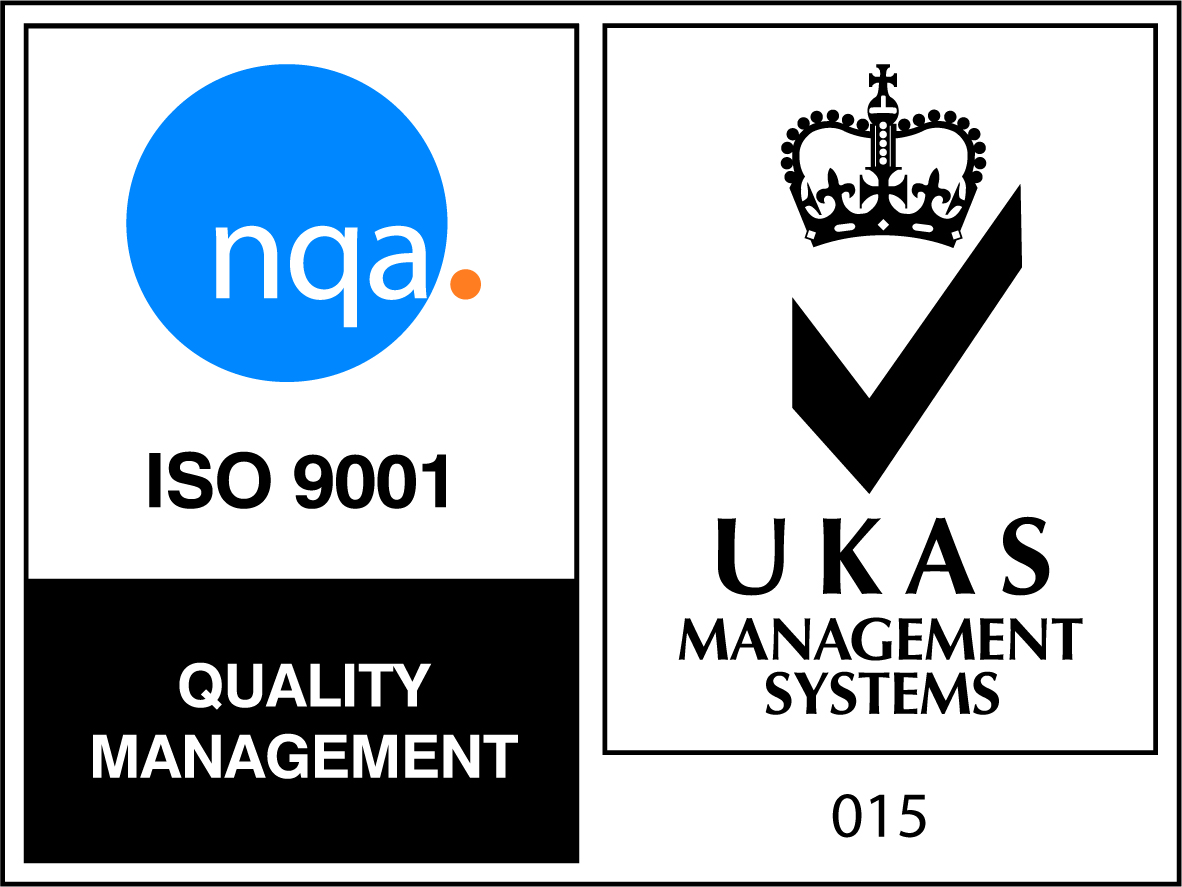A Guide to Welding Apprenticeships: Which One Is for You?
Choosing a career path after school or college can be daunting, but if you’re a hands-on person who enjoys creating and building things, an apprenticeship in welding might be just the opportunity you’re looking for! Welding is a skill that’s always in demand, offering a variety of career paths, excellent job security, and the satisfaction of seeing the results of your work every day.
In this guide, we’ll explore the benefits of engineering apprenticeships, dive into the different types of welding apprenticeships available, and discuss the exciting careers you can pursue after completing your training.

The Benefits of Engineering Apprenticeships
1. Earn While You Learn
One of the biggest advantages of an engineering apprenticeship is that you get paid while you learn. Instead of taking on student loans, you’ll be earning from day one, which can be a significant benefit, especially if you want to gain financial independence early on.
2. Hands-On Experience
Welding apprenticeships are highly practical. You’ll spend time working alongside experienced professionals in industry, learning the ins and outs of the trade. This hands-on experience is invaluable and will give you a real understanding of what the job entails.
3. Nationally Recognised Qualifications
Upon completion of your apprenticeship, you’ll receive a nationally recognised qualification. This certification can open doors to further career opportunities and is highly respected by employers across the industry.
4. Strong Job Prospects
Welding skills are in demand across various industries, including construction, manufacturing, automotive, and more. As infrastructure continues to grow and evolve, skilled welders will always be needed, ensuring a strong job market and good job security.
5. Diverse Career Paths
An apprenticeship in welding doesn’t limit you to one job. There are various specialisations within the field, and the skills you acquire can be transferred to many different roles. Whether you’re interested in construction, shipbuilding, or even artistic metalwork, welding can lead you there.
Types of Welding Apprenticeships
1. General Welding Apprenticeship
A general welding apprenticeship will introduce you to the basics of welding, covering techniques like MIG (Metal Inert Gas), TIG (Tungsten Inert Gas), and Stick welding. This is a great starting point if you’re not sure which area of welding you want to specialise in. You’ll gain a broad understanding of different welding processes, materials, and safety protocols.
2. Pipe Welding Apprenticeship
Pipe welding is a specialized skill, particularly in demand in the oil and gas industry, as well as in plumbing and heating. As a pipe welding apprentice, you’ll learn how to work with different types of pipes and materials, focusing on creating strong, leak-proof joints. This apprenticeship requires precision and attention to detail, making it an excellent choice for those who enjoy a challenge.
3. Fabrication Welding Apprenticeship
Fabrication welding involves creating structures and components from raw materials. In this apprenticeship, you’ll learn how to read blueprints, measure and cut materials, and assemble metal parts into finished products. This type of welding is crucial in industries like construction and manufacturing, where you’ll be responsible for building everything from machinery to steel frameworks.
4. Aerospace Welding Apprenticeship
Aerospace welding is one of the most advanced and specialized forms of welding, requiring a high level of skill and precision. Apprentices in this field learn how to work with lightweight and often exotic materials, such as titanium and aluminum, used in aircraft and spacecraft construction. This apprenticeship can lead to a career in a cutting-edge industry with opportunities to work on groundbreaking projects.
Browse our welding apprenticeships here
Why Welding Jobs Are Important
Welding is a foundational skill in many industries. Without skilled welders, the construction of buildings, bridges, vehicles, and even everyday appliances would be impossible. Welders are responsible for creating strong, durable joints that hold everything together, making their work critical to the safety and functionality of countless structures and products.
Beyond the technical importance, welding also contributes to the economy by enabling the manufacturing and construction sectors to thrive. As infrastructure and technology continue to advance, the role of welders will only become more vital.
Watch our Job Roles Explained – Welding video below.
Careers You Can Pursue with a Welding Apprenticeship
1. Structural Welder
Structural welders work on large construction projects, creating the frameworks for buildings, bridges, and other infrastructure. This role involves working at height and in various environments, making it an exciting option for those who enjoy dynamic and physically demanding work.
2. Pipefitter/Welder
As a pipefitter/welder, you’ll specialise in installing and maintaining piping systems. This role is essential in industries like oil and gas, water treatment, and energy production. The work is varied, and often involves travel to different sites.
3. Aerospace Welder
Aerospace welders are among the most skilled in the field, working on aircraft, spacecraft, and other high-tech projects. This career path offers opportunities to work with cutting-edge technology and materials, often in a highly regulated environment where precision is key.
4. Underwater Welder
For those who love adventure, underwater welding combines welding skills with diving. Underwater welders work on projects like repairing ships, underwater pipelines, and oil rigs. It’s a challenging and potentially lucrative career, requiring specialised training beyond a standard welding apprenticeship.
5. Welding Inspector
If you’re interested in quality control, becoming a welding inspector could be the perfect role for you. Welding inspectors ensure that welds meet safety and quality standards, working closely with engineers and other professionals to maintain high standards across projects.
6. Welding Educator
For those who enjoy teaching, a career as a welding educator allows you to pass on your skills to the next generation of welders. This role often involves working in technical schools or colleges, helping to shape the future of the industry.
Conclusion
A welding apprenticeship offers a solid foundation for a rewarding career in an essential and ever-evolving industry. Whether you’re interested in the creative side of fabrication, the precision required in aerospace, or the adventure of underwater welding, there’s a pathway for you. With the practical experience, qualifications, and job prospects that come with an apprenticeship, you’ll be well-equipped to forge a successful career in welding.
If you’re a young learner or school leaver with a passion for working with your hands and a desire to build a strong, stable career, a welding apprenticeship could be the perfect next step. So, why wait? Start exploring your options today and take the first step towards an exciting future in welding!
Browse our welding apprenticeships here
Discover live vacancies and apply today
Follow us on our social media to stay up to date with upcoming courses and our current learners!

